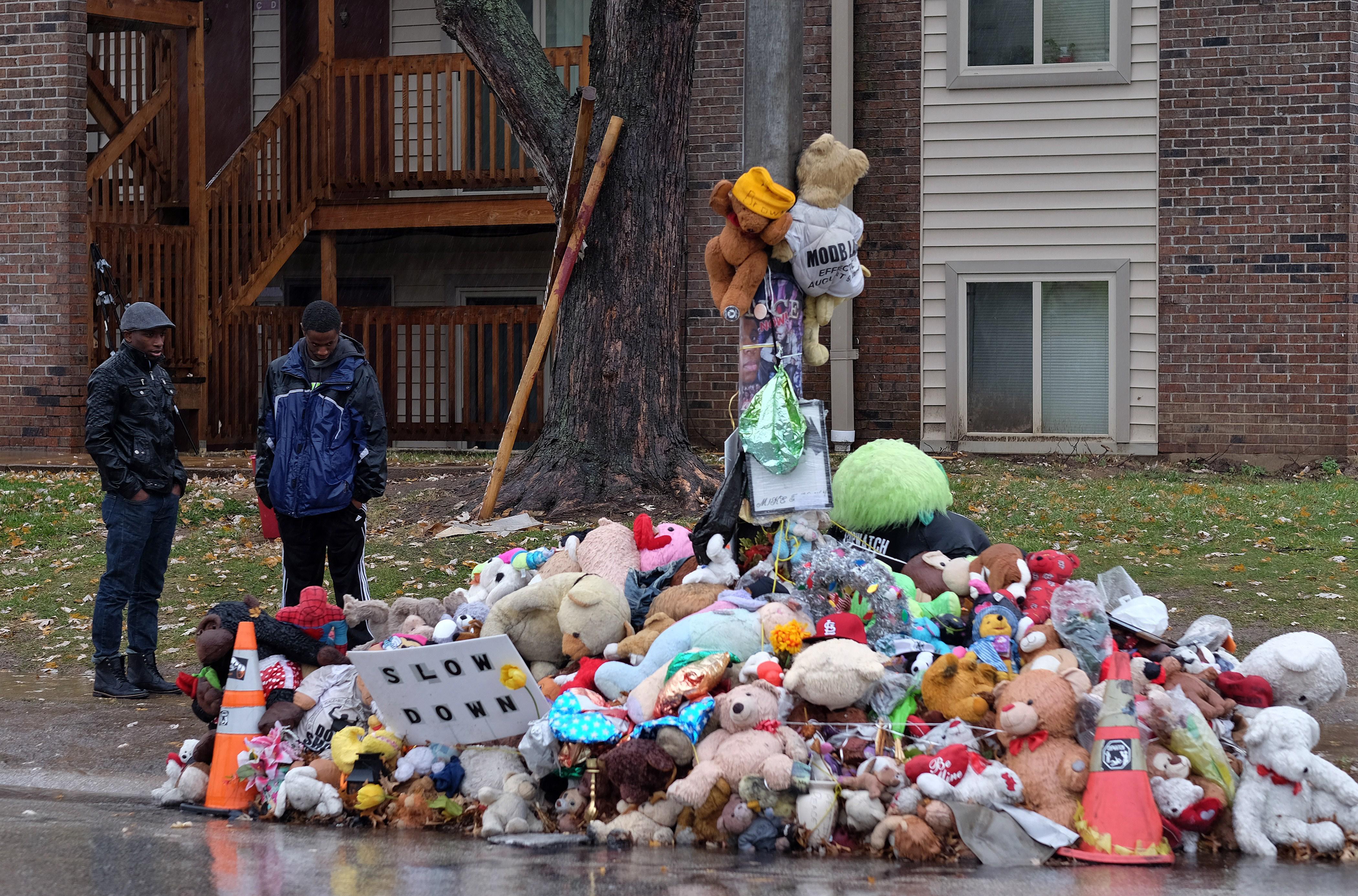Darren Wilson failed to follow what is considered to be standard protocol after a shooting. And he was hardly the only one. The transcripts from grand jury testimony make evident that police carried out numerous actions that experts say are highly unusual. First of all, Wilson drove himself back to the police station, put his own gun into evidence and quickly washed blood off his hands without anyone photographing them first, reports the Washington Post. Apparently “there was no photographer available” and Wilson seemed to be more concerned with getting someone else’s blood off his body than preserving evidence. “His concern was not of evidence, but as a biohazard or what possible blood hazards it might attract,” said an FBI agent.
A former Florida police chief tells the Post that Wilson’s actions, particularly handling his own weapon and washing his hands, were “totally unorthodox and unusual” adding that “this would be considered very out of line—very, very bad from an investigative perspective.”
Others also moved forward in a way that several experts described as unusual. The officers who interviewed Wilson after the shooting did not record the conversation, for example. And the medical examiner did not take photographs—because his camera’s battery was dead—nor measurements at the scene of the crime—because what had happened was “self-explanatory.”
Although Wilson insisted earlier this week there was nothing he could have done differently, the New York Times talks to several experts who say the officer had several opportunities to take a step back and de-escalate the confrontation. But still, several also agree that when Brown allegedly grabbed Wilson’s gun it may have been difficult for the officer to stand down. “If someone is trying to disarm a police officer or grab their weapon, that’s a felony,” a former Baltimore police officer said. “If someone grabs your weapon, as a cop you’re not thinking they are going to scare you with it. In my mind, every time someone tried to grab my gun in the street, they were going to try to kill me. That encounter changes everything.”
